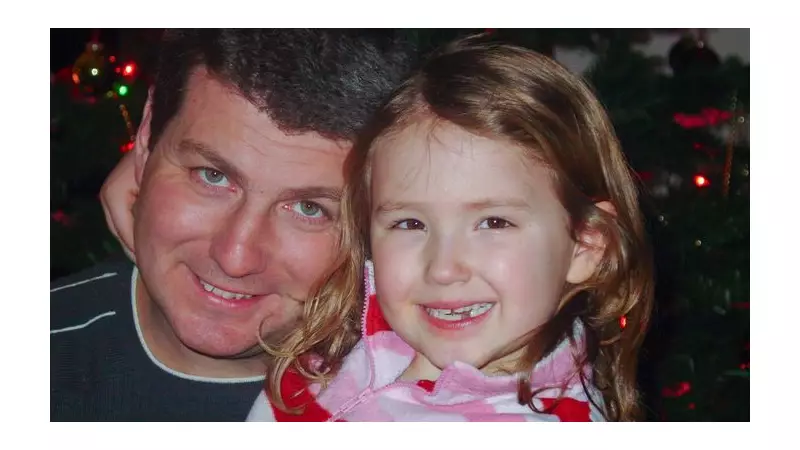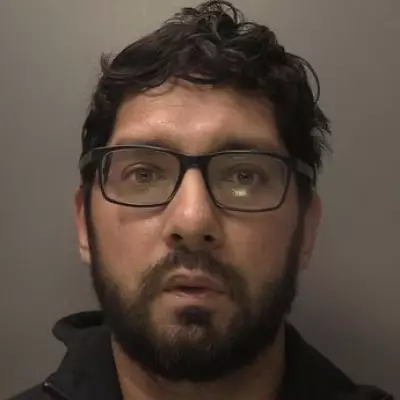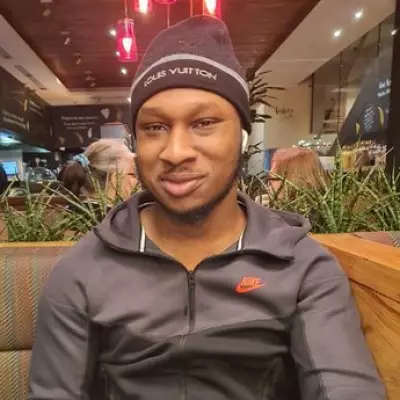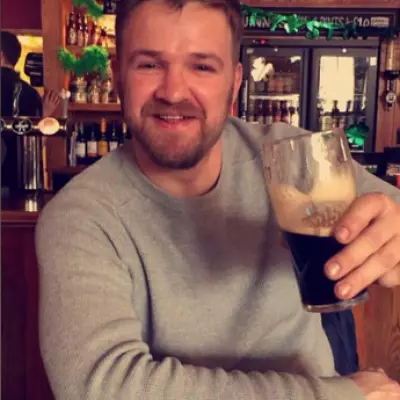
When Sarah Brown's father began behaving unusually in his early fifties, her family never imagined they were witnessing the early stages of a devastating rare dementia. Now, she's sharing their story to help others recognise the warning signs that are often missed in younger people.
The First Subtle Changes
John Brown was just 52 years old when his family noticed the initial changes. "It started with small things," Sarah recalls. "He became more withdrawn, his personality shifted, and he struggled with tasks that had once been second nature."
Like many families, they initially attributed these changes to stress or depression. "We never considered dementia in someone so young," Sarah admits. "He was fit, active, and had always been sharp-minded."
The Shock Diagnosis
After months of uncertainty and mounting concern, John received a life-altering diagnosis: frontotemporal dementia, a rare form of the condition that typically affects people between 45-65 years old.
"Hearing the word 'dementia' was devastating enough," Sarah shares. "But learning how rare and aggressive his particular type was felt like our world had collapsed."
The Reality of Young-Onset Dementia
Frontotemporal dementia differs significantly from the more common Alzheimer's disease. It primarily affects behaviour, personality, and language skills rather than memory in its early stages.
Key symptoms families should watch for include:
- Personality changes and inappropriate social behaviour
- Loss of empathy and emotional blunting
- Compulsive or repetitive actions
- Language difficulties and speech problems
- Executive function challenges
A Daughter's Mission
Since her father's diagnosis, Sarah has become a passionate advocate for dementia awareness. She works closely with organisations like the Alzheimer's Society to educate others about early-onset forms of the condition.
"If our story helps even one family recognise the signs earlier, it will mean everything," she says. "Too many younger people are misdiagnosed because dementia isn't on anyone's radar."
Breaking the Stigma
Sarah emphasises the importance of talking openly about dementia, regardless of age. "There's still such stigma around dementia diagnoses, especially when they affect working-age people," she explains.
"We need to normalise these conversations and ensure support systems are in place for families facing this challenging journey."
Hope Through Awareness
While there's currently no cure for frontotemporal dementia, early diagnosis can help families access support, plan for the future, and make the most of their time together.
Sarah's message to others is clear: "Trust your instincts. If you notice concerning changes in a loved one's behaviour or personality, don't dismiss them. Seek medical advice and push for answers."
Her family's experience has transformed their perspective on life, relationships, and what truly matters. "We're making every moment count," she says. "And if sharing our story helps others, then some good comes from our heartbreak."





